Corporate ESG teams, NGOs, ad agencies, and consulting teams have debated ideas about proposed plans to pipe carbon dioxide from Iowa ethanol factories ‘Keystone-XL-Style’ to Illinois and Nebraska and frack it into the bedrock. However, commodity checkoff soybean teams and corn groups have long remained silent about how another kind of ethanol plant ‘co-product’ harms family farmer revenue, consumers, and the environment. The under-recognized increase in greenhouse gas emissions intensity is coming from DDGS used in livestock feed, known in other regions as moonshine leftovers.
While various groups offer arguments for and against the carbon sequestering idea, an ecosystem view of family farm revenue and food security shows the negative effects of ethanol by “co-products” are missing from the discussion. The pipeline was planned to help advance United Nations SDG food and energy policies that are said to ‘address’ the global climate.
This journal article comparing CO2 in feed found DDGS emissions are far more than corn grain or soybean meal. See screen grab with comparison chart https://www.sciencedirect.com/science/article/abs/pii/S0377840120305113
Purdue proved DDGS harms pig meat quality: https://www.extension.purdue.edu/extmedia/id/id-345-w.pdf
The public discussions parallel the path of the cancelled Keystone oil pipelines. The plan appears to have been stopped by Iowa legislators who averted eminent domain from seizing vast acres of land for transporting subsidized carbon by tax subsidized pipelines. Farm groups are fighting plans to CO2 into Illinois sedimentary rock, where vast natural coal deposits lay buried.
The legislators who opposed the pipeline land grab may made a hidden gain for family farmers because DDGS ethanol waste has cost them billions in lost sales of natural corn and soybeans used for livestock feed. The factory made feed substitute is priced to undercut soybean and corn sales because ethanol plants must get rid of it.
A contributing factor in the DDGS subsidized capture of the feed market is the coinciding 20-year decline in commodity soybean and corn quality. A steady unchecked decrease in commodity soybean protein levels and feee value has been intentionally neglected by the two largest genetics giants. Other companies and pork teams who tried to help reverse protein declines moved along when www.Soyvalue.com funding ended. The natural relationship between corn, soybean and livestock values that are visible in nature, crop farms, biofuel plants, and livestock diets is not yet being reported (yet) by media.
Check out news of what’s what’s being debated while commodity genetics giants, grain processors, and the commodity checkoff groups disregard falling protein. (Fixing the protein will ironically help advance the USDA Secretary’s “Climate Smart” goals while helping farms and cities alike.)
Common sense and Nature say, “Pipe CO2 later!! Fix food security and protect farmers first!”
- https://www.desmoinesregister.com/story/money/agriculture/2022/10/26/iowa-carbon-capture-pipeline-permit-33-counties-seeks-eminent-domain/69593614007/
- https://www.iowapublicradio.org/ipr-news/2023-04-14/co2-pipelines-would-be-a-boon-for-ethanol-but-some-question-if-theyre-really-a-climate-solution
- https://www.desmoinesregister.com/story/money/agriculture/2023/03/21/report-billions-in-iowa-farm-losses-if-carbon-pipelines-blocked/70028351007/
- https://iowacapitaldispatch.com/2023/01/20/proposed-legislation-could-kill-or-restrict-carbon-dioxide-pipelines-in-iowa/
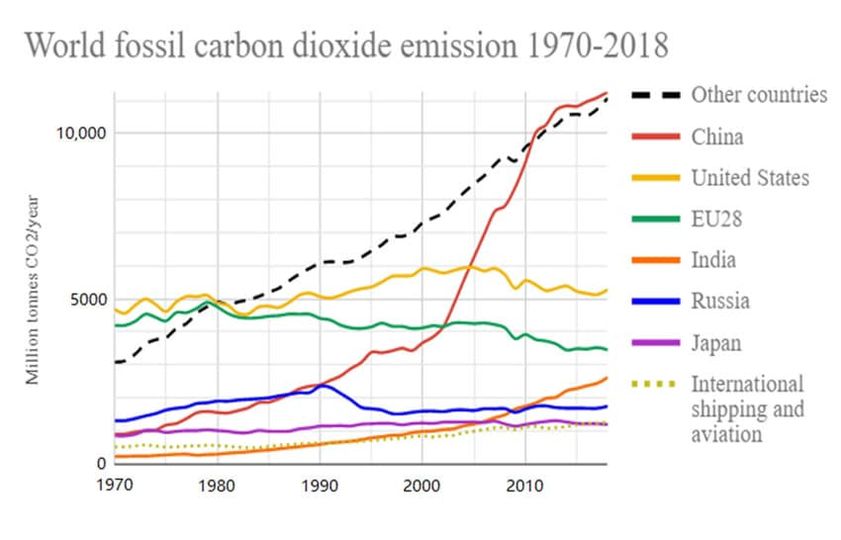






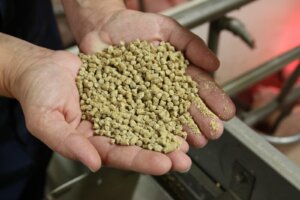
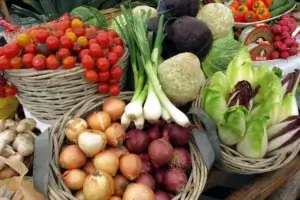
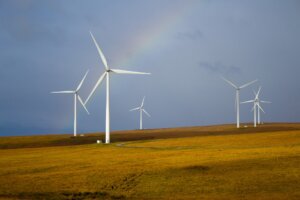
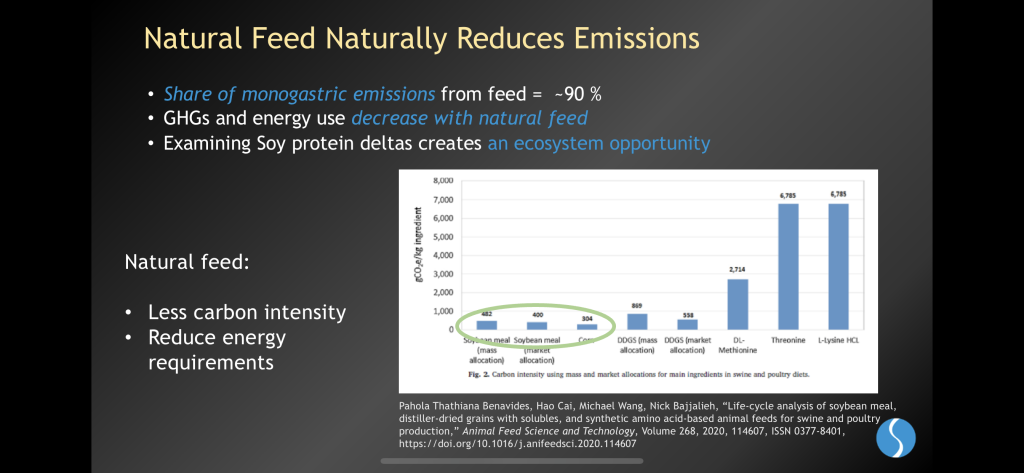
Leave A Comment